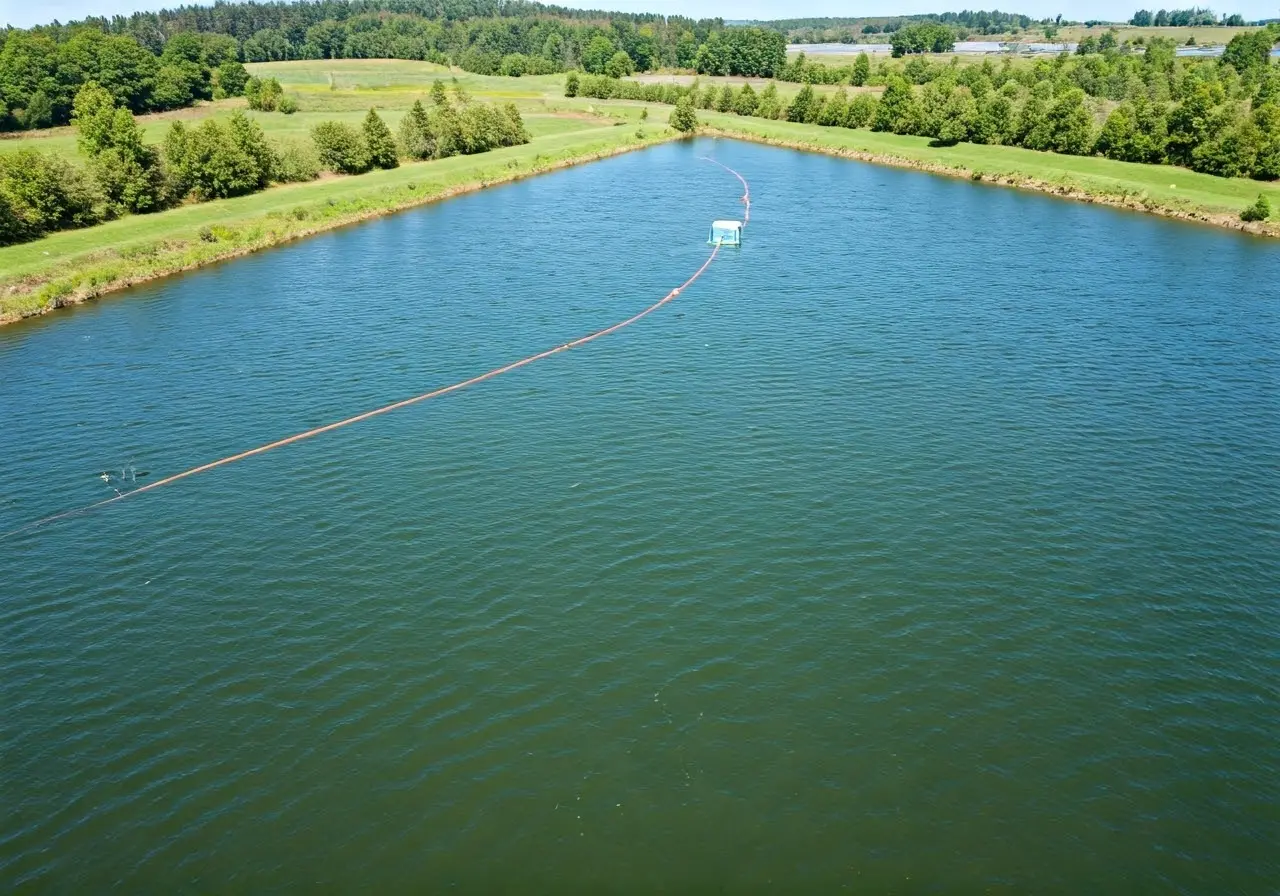Water is an essential resource for life, and conserving it is crucial for the health of our environment and future generations. With the rise of technology, smart water management has become a powerful tool in achieving effective water conservation. In this FAQ blog, we’ll explore how smart water management plays a vital role in conserving this precious resource.
Understanding Smart Water Management
Smart water management involves using advanced technologies and data analytics to efficiently manage water resources. These systems help in monitoring water use, detecting leaks, and optimizing water distribution to reduce waste and conserve this vital resource. By utilizing smart technologies such as IoT devices, communities can ensure efficient water usage, minimizing the risk of water shortages and promoting sustainability. For more on optimizing water solutions, explore our detailed guide on smart water solutions.
The transition to smart water management is not just about technology but also about creating sustainable practices that benefit both the environment and society. These systems provide actionable insights through real-time data, simplifying the complexities of water management. By understanding usage patterns, municipalities and individuals can make informed decisions that lead to significant water conservation.
At the heart of smart water management is the integration of advanced sensors and real-time monitoring systems. These tools continuously analyze water consumption, allowing for immediate action in response to anomalies like leaks or excessive use. This proactive approach significantly reduces water waste and ensures each drop is used efficiently, supporting broader conservation goals.
How Technology Enhances Water Conservation
Technologies like IoT devices and sensors play a significant role in water conservation. They provide real-time data on water usage and wastage, helping users to make informed decisions and take corrective actions promptly to save water. These tools enable effective management by alerting users to potential issues before they escalate, ensuring that water systems remain efficient and reliable.
By integrating predictive analytics with IoT, water management systems can forecast demand and supply with remarkable accuracy. This capability not only optimizes resource allocation but also reduces the energy footprint associated with water treatment and distribution, aligning with sustainability goals. These advancements are crucial, especially as urban centers expand and water demand increases, necessitating smarter and more efficient resource management strategies.
Incorporating AI into water systems allows for automated controls that adjust water distribution based on current needs and conditions. This ensures optimal use of water resources, thus preventing waste. Such technologies are essential for both urban and rural settings, providing the adaptability required to manage water sustainably across diverse environments.
The Role of Smart Water Meters
Smart water meters allow for precise monitoring of water use, enabling both households and utilities to track consumption patterns. These meters alert users to unusual spikes or leaks, allowing for immediate intervention and conservation. Beyond just metering, these devices enable more granular management of water resources, aiding in billing accuracy and enhancing user engagement in conservation efforts.
With the implementation of smart meters, residents gain insight into their water use, fostering more responsible consumer behavior. This awareness drives proactive conservation efforts, helping to curb unnecessary consumption and thus supporting community-wide sustainability objectives. As users become more informed, they can also identify the importance of timely maintenance and repair, reducing long-term operational costs.
Benefits of Automated Irrigation Systems
Automated irrigation systems use weather data and soil moisture levels to determine the optimal watering schedule for landscapes and agriculture. This ensures efficient water use and minimizes overwatering, contributing significantly to water conservation efforts. Such systems are particularly beneficial in agricultural settings, where precise water delivery can enhance crop yields while preserving water resources.
Adopting automated irrigation systems offers not only water savings but also operational efficiency. By leveraging real-time data, these systems maintain optimal conditions for plant growth without overextending resources. This balance is crucial for maintaining productive and sustainable agricultural practices, promoting both economic and environmental benefits.
Implementing Smart Water Management in Communities
Communities can adopt smart water strategies by investing in infrastructure that supports these technologies. Educating the public about the benefits and ease of use of smart water systems encourages wider adoption and leads to improved conservation outcomes. Implementing community-level initiatives can result in substantial savings and enhanced resource efficiency.
Case studies show how cities can save millions by adopting smart water solutions. Successful implementations in places like New York and Kansas City have demonstrated the effectiveness of these technologies in reducing costs and optimizing water distribution. By following such proven strategies, communities can enhance their water management frameworks, safeguarding this precious resource for future generations.
Smart water management isn’t just for large urban areas; smaller communities can also benefit greatly. Programs focused on enhancing local infrastructure through smart technologies enable even the smallest municipalities to conserve water, protect their supply, and manage their environments sustainably. As these practices become more widespread, the collective impact on water conservation and ecosystem protection becomes increasingly significant.
Embrace Smart Water Management for a Sustainable Future
Incorporating smart water management practices is not only a sustainable choice but also a necessary one in our rapidly changing world. By utilizing technology to monitor, manage, and conserve water, we can ensure a healthier planet for ourselves and future generations. Embracing these advancements marks a significant step towards more sustainable water use. Discover how you can contribute to this cause and start saving on your water bills with WAVE Valve’s smart solutions.


